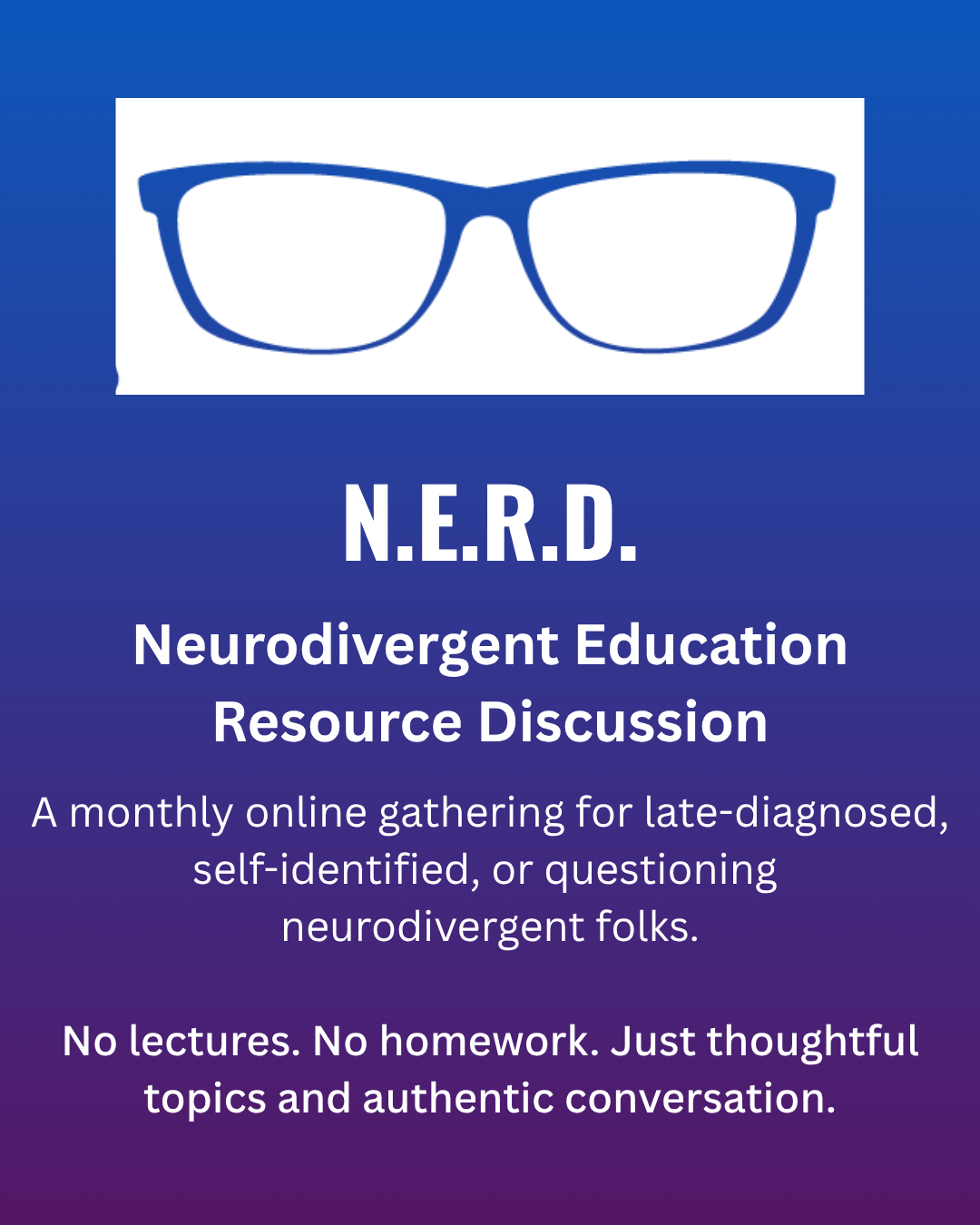I know I need to sleep.
But some nights, I just can’t make myself do it.
Even when I’m exhausted, even when I know I’ll feel it the next morning, I find myself staying up. Scrolling. Clicking. Binge-watching. Or worse . . . doing dishes. It’s not logical. But it’s deeply familiar.
This is what’s known as revenge bedtime procrastination and if you’re neurodivergent like I am, it probably hits you harder than most.
What Is Revenge Bedtime Procrastination?
Revenge bedtime procrastination is when you delay going to sleep on purpose, even though you know you need to rest. You’re not doing it because you forgot what time it is. You’re doing it because the day didn’t give you enough space to just be.
When the only quiet, uninterrupted time you get is at night—especially if you’ve been masking all day or living on everyone else’s schedule—your brain will fight for that time. Even if it means sacrificing sleep.
For me, it’s not just about one more TikTok. It’s about reclaiming autonomy in a life that doesn’t always make room for it.

Why It Hits Neurodivergent Folks Harder
I’ve learned that my brain doesn’t ease into sleep. It doesn’t start winding down at 9pm like it’s “supposed” to. I stay all the way on—mentally, emotionally, physically—until I crash.
And there’s science to back that up. Neurodivergent brains often have:
-
Delayed circadian rhythms (our melatonin kicks in later)
-
Executive dysfunction (difficulty transitioning between tasks)
-
Overactive nervous systems (still processing the day well after it’s over)
-
Unmet sensory and emotional needs (that only get attention after everyone else goes to bed)
So when people say “just go to bed earlier,” it’s not just unhelpful—it’s physiologically out of touch with how our brains work.

What Bedtime Procrastination Really Feels Like
It doesn’t always look like defiance. Sometimes it looks like:
-
Wandering into the kitchen at midnight to clean because it’s finally quiet
-
Losing hours to Wikipedia holes or hyperfocus
-
Rewatching a show because you need comfort before shutting down
-
Sitting in silence because it’s the only time your nervous system isn’t bombarded
Sometimes, it’s not even that I don’t want to go to bed.
It’s that I don’t want tomorrow to start.
Reclaiming Rest Without Shame
There was a time I thought I was just bad at sleep. I blamed myself, my habits, my willpower.
But the more I learn about how my nervous system works, the more I understand:
I’m not resisting sleep.
I’m resisting depletion.
So I’ve started changing the narrative. I’m building routines that meet my needs before the edge of exhaustion. I’m learning to:
-
Schedule unstructured time earlier in the evening
-
Use low-lift rituals (warm lights, music, quiet movement) to help transition
-
Say no to tasks that can wait even when I feel guilty
-
View rest as something I deserve, not something I earn
It’s still hard. But it’s gentler now.
Final Thoughts
If you’re stuck in the loop of revenge bedtime procrastination, please know you’re not broken. Your body isn’t failing. You’re not lazy.
You’re navigating a world that hasn’t made space for your needs—yet.
And if you’re looking for community and conversation around topics like this, I’d love for you to join me in N.E.R.D.—my free monthly group for neurodivergent parents and educators. It’s a safe, supportive space where we talk about real-life strategies and emotional survival.
You can sign up at https://www.divergentpathsconsulting.com/nerd-support-group/.
Rest isn’t a luxury. It’s your birthright.

